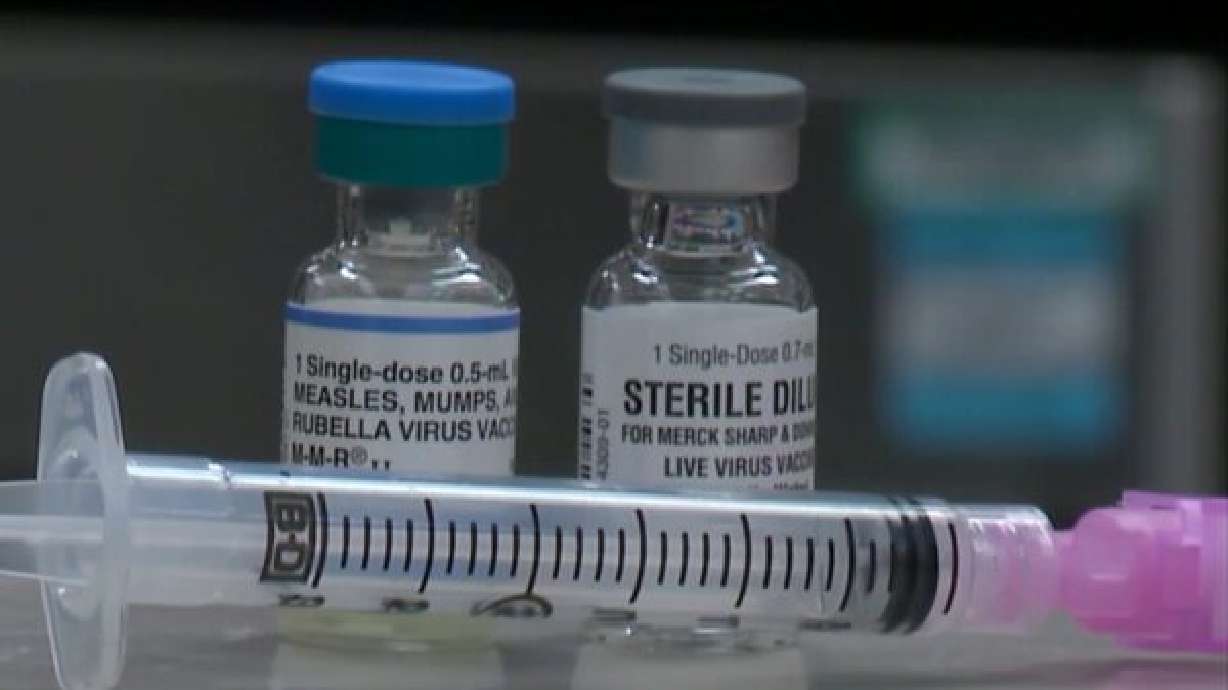RICHFIELD — More Utahns are being diagnosed with the highly contagious measles virus.
The Central Utah Health Department announced in a news release Monday that two measles cases have been confirmed in residents.
The infections mark the first in the central Utah district.
The department said both cases were in people who are unvaccinated, “who had recent contact with someone they believe had measles.”
Staff at the department have identified “a small number of individuals” who they believe may have minimal exposure to one of the confirmed cases, and they are working to contact those who were potentially exposed to those with the measles.
At this point, the department says there have been no further exposures or risks to the public from these cases.
Officials did not specify which areas within the health department’s district the two cases were found.
As of Monday, the two new diagnoses in central Utah bring the state’s total number of measles cases to 84, according to the Utah Department of Health and Human services data dashboard.
Nate Selin, executive director at the Central Utah Health Department, says it’s important for residents to understand how fast measles can spread.
“As measles has been identified throughout the state in recent months, we want to stress how quickly this disease can spread and how serious the illness can be,” he said. “We want residents to be aware, watch for symptoms, and make sure they’re protected with the MMR vaccine. Community awareness and quick action to limit exposures are key to preventing additional cases.”
Health officials urge anyone who thinks they were exposed to a measles carrier to watch for symptoms linked to the virus for 21 days after a possible exposure.
Symptoms can include fever, cough, runny nose, and red or watery eyes, followed by a rash that starts on the head or face.
The Central Utah Health Department says anyone who suspects they’ve been infected with measles should stay home and call their health care provider before seeking care.
Health officials remind the public that the best way to prevent the illness is vaccination.
“Two doses of MMR prevent more than 97% of infections. The vaccine is widely available through health care providers, pharmacies, and (Central Utah Health Department) clinics,” the department said in its release.
The Key Takeaways for this article were generated with the assistance of large language models and reviewed by our editorial team. The article, itself, is solely human-written.
